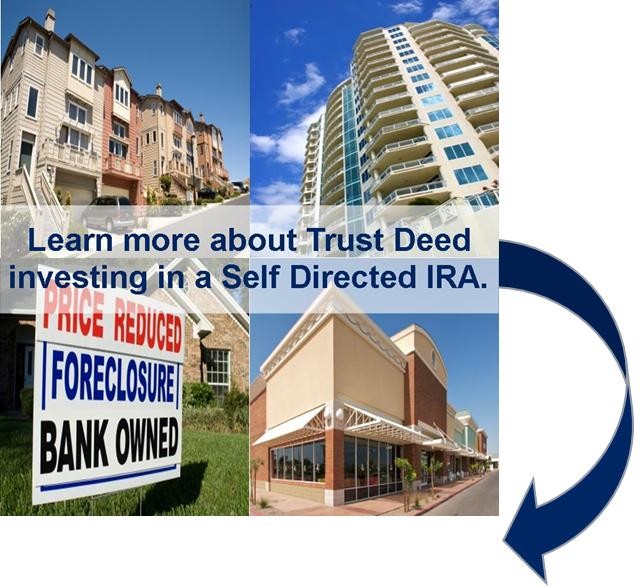Use Your SelfDirected IRA to Invest in Property Tax Lien Certificates and Deeds
Post on: 9 Июнь, 2015 No Comment

Earn retirement income on a tax-free or tax deferred basis by using your self-directed IRA to invest in tax lien certificates and deeds. Property taxes are a vital way governing municipalities collect monies in order to gain capital to run the cities and towns we live in. Therefore, timely payment of such by homeowners is critical to the daily operations of these agencies.
When homeowners and property owners fail to pay these taxes, the local government takes steps to collect the funds by selling tax lien certificates and tax deeds of the properties to the highest bidder. Savvy investors who are in tune with the real estate market are snapping these up using their self-directed IRAs to gain income towards retirement.
What is a tax lien and how you can acquire one?
A tax lien is placed on a property by a governing agency (city or county) when property taxes have not been paid by the property owner(s). Once a lien is placed against a property, this prevents the owner of that property from selling it or refinancing the mortgage until all taxes are paid, along with additional fees associated with taxes that are in arrears. Once a lien is in place, a tax certificate is issued by the governing agency. Tax certificates are issued in dollar amounts that include the taxes, late fees, and interest. These tax certificates are then placed on auction available to the general public.
Auctions of tax certificates are typically held online, but may also be conducted in person at a location determined by the government agency holding the event. Investors are able to maneuver their bids in a few different ways. As Investopedia states, “…investors may bid down on the interest rate on the lien or bid up a premium that they will pay for it. The investor who is willing to accept the lowest rate of interest or pay the highest premium will be awarded the lien.” The investor is to pay the cost of the certificate in full within a very short time of winning the bid.
These types of investments are permissible within self-directed IRAs. Your IRA funds would be utilized to acquire the tax certificate. The property owner then pays your IRA the amount owed on the taxes, plus fees and interest. Income, which flows directly into the IRA, is gained by the interest rate you determine to charge the property owner until the lien is satisfied. Typically, the interest rate can range anywhere from eight to 30 percent depending on regulations governing the municipality. The term of repayment of these notes is most commonly assigned over a period between one and three years. An added bonus in case the property owner defaults on the note—your IRA can take ownership of the real estate.
What is a tax deed?
Tax deeds work in much the same way with one specific difference: the purchaser acquires the property or real estate in question. Here’s how it works. A tax deed is acquired by a governing agency when property taxes are in arrears. This document gives the government ownership of the property or real estate, which they can turn around and sell to the highest bidder. The bidder acquires the property after paying the taxes and fees in full.
Your self-directed IRA stands to make income on these investments by either selling the property immediately, rehabbing and flipping it, or using as a rental. Income and expenses flow directly into and out of your IRA a tax-free or tax-deferred basis.
There is a catch to investing in tax deeds. It is complicated and requires the use of an attorney familiar with these types of transactions: if any other liens are attached to the property at the time of purchase, proper steps have to be taken to have them removed. The same obstacle can rear its ugly head if a homeowner defaults on a tax lien certificate and your IRA takes possession of that property. Due diligence on the investor’s part before acquiring tax certificates or deeds is highly critical to ensure you do not become responsible for a mortgage or any other fees attached to the property.
While these investment opportunities may sound quick and easy, be advised that as mentioned above, there are important factors that need to be fully vetted before you venture out and start snapping up these potential assets. One misguided decision could be disastrous. On the other hand, with proper counsel and thorough due-diligence, these investments could be very profitable assets within your self-directed IRA.
If you have questions about this article or regarding self-directed IRAs, please contact Monte Smith at Advanta IRA Administration by calling (800) 416-8736 ext. 1133 or email MSmith(at)AdvantaIRAGroup.com.














